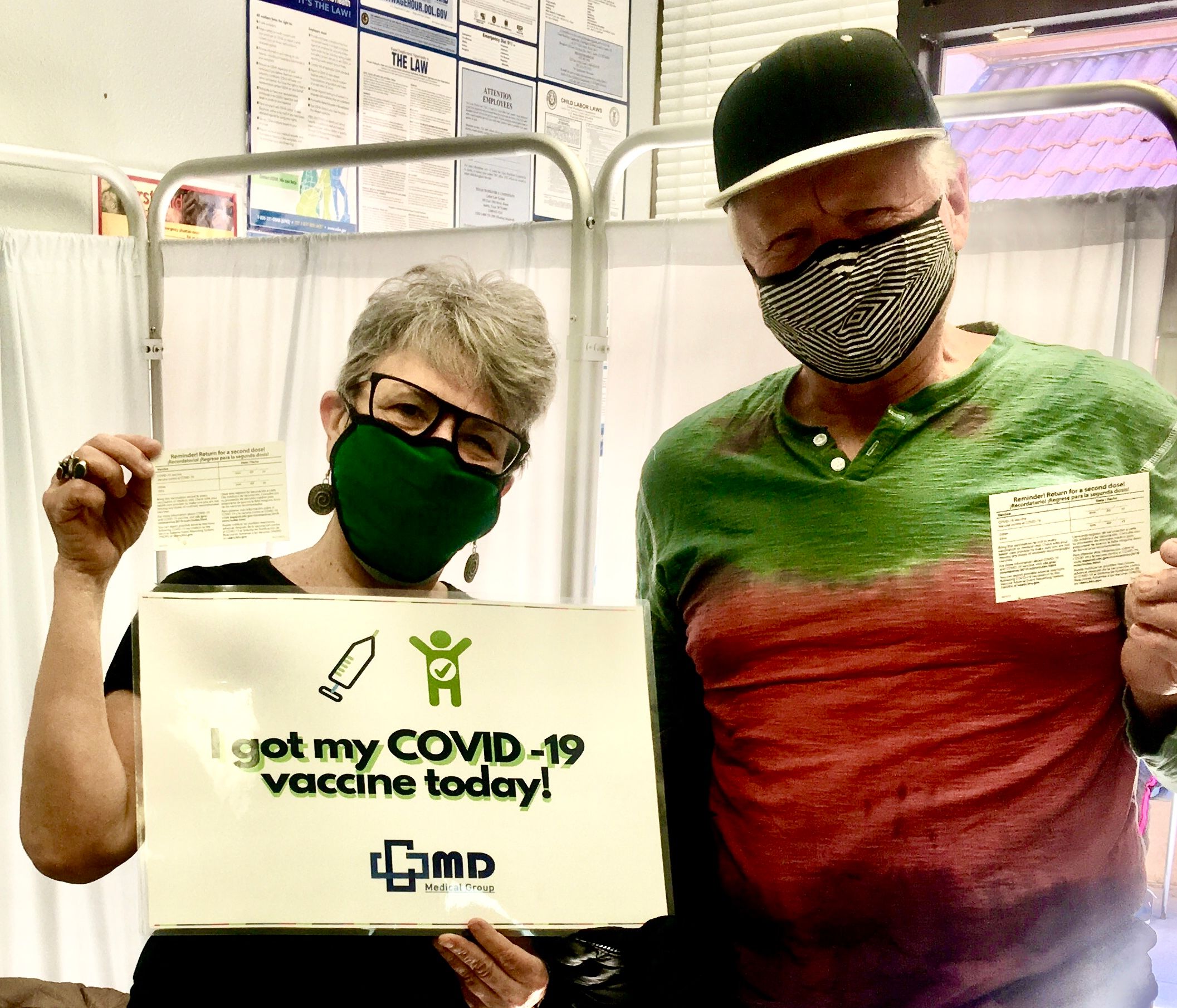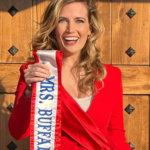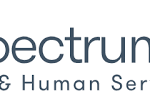We’re Vaccinated. We’re Invincible. We’re Still Scared.
By Debbie Nathan
I am 70 years old and spent the last nine months cowering as an older person. I was even more worried about my husband. Stats show that women my age have about an eight percent chance of dying after getting sick with coronavirus, but men are in much greater danger.
Our age-related risk made us feel old, weak, and far more mortal than the young people out at schools and restaurants, bars and parties, often squeezing together, often without wearing masks. These are the golden youth who could come down with Covid, yet not even know it because they didn’t feel sick at all. Not knowing, they could unintentionally infect people like my husband and me — and kill us. Their youth was an invisible weapon. We were the pitiful targets.
Now, my husband and I have been vaccinated. The vulnerability of our advanced age put us near the head of the line, and though we have grey hair and can’t keep our balance when doing “tree” pose in yoga, our chances of getting Covid, post-vax, are slim. The shots protect 95 percent of those who get them — 19 out of every 20 people. This makes us Covid peers of people the ages of our children and grandchildren. With the vaccine in our arms, we feel like Superman.
So now the question is, will we act like the healthy young who don’t worry much about getting sick? Will we be carefree, careless, and unintentional? No, we will not. We will continue to wear our masks and stay six feet away. We will furiously wash our hands, and gather in small groups in fresh air. We will remain old. Because now it is we who are dangerous.
I figured this out after reading newly published medical research which says that if 95 percent of people who get vaccinated can’t catch Covid, that still leaves 5 percent who can get infected — one in 20 people. But what happens to that infected person? A December 2020 New England Journal of Medicine article indicates that the unlucky, vaccinated person who later tests positive for Covid, likely will have such a mild case they won’t experience any symptoms at all, or symptoms they will barely notice. But, if that one person in 20 walks around without a mask or fails to social distance, he or she may unintentionally infect unvaccinated people of all ages and vulnerabilities.
After reading this grim probability, I realized that I am now completely capable of acting as what medicine calls a vector: an agent that can infect someone — and kill them. Before the vaccine, I worried about myself and my husband. It was a justified, but self-centered, selfish worry. Now, he and I understand that we must pivot to selflessness, and to worrying about others.
In a way, we feel much lighter now. We will live and feel well, no matter what we do during the pandemic. But, if we do the wrong thing, others may sicken and die. The new selflessness is such an easy thing to grasp. It’s not rocket science, but it’s science nonetheless, as well as the highest of morals.
Debbie Nathan lives in El Paso. She is the author of Women and Other Aliens: Essays from the U.S.-Mexican Border, among other books. Follow her at https://medium.com/@debbienathan.












